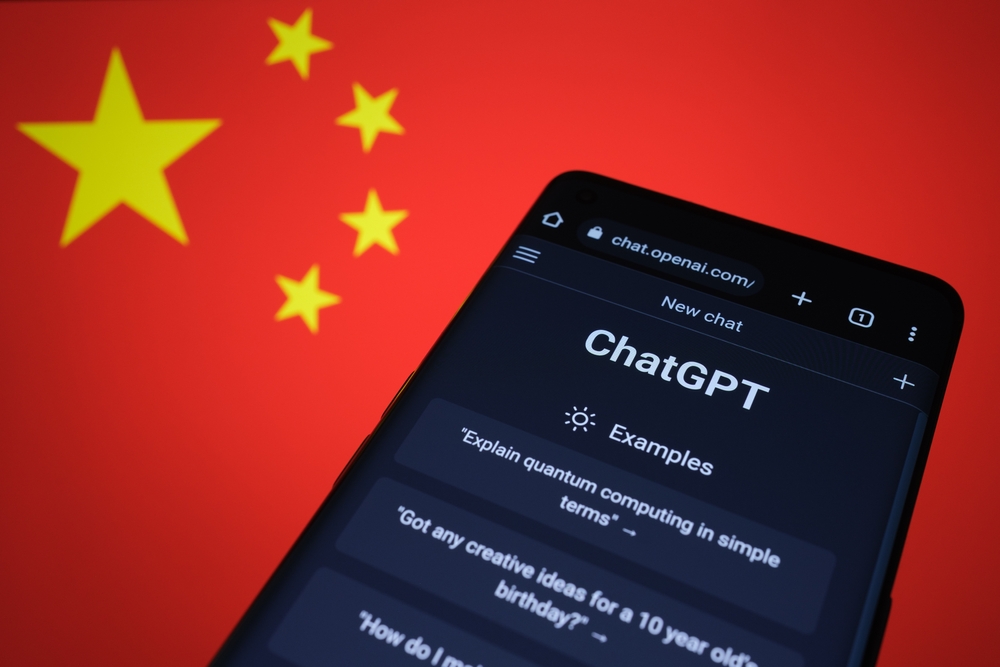The government of China has relaxed its previous regulations concerning artificial intelligence (AI) it released in April by claiming they will become operational beginning August 15.
Plans are in place to implement the provisional regulations for AI activity and management in China on August 15. The guidelines, also referred to as ‘Generative AI measures,’ were published on July 10 and are the outcome of collaborations between different government agencies. Examples include the National Development and Reform Commission, the Cyberspace Administration of China, and the Ministry of Science and Technology.
Artificial Intelligence Platforms to Register Services in China
This will be the initial group of regulations to be operationalized in the nation amid the thriving AI development. The government agencies that established the measures will be responsible for overseeing them. The 24 regulations guide AI initiatives that will compel platforms offering artificial intelligence services to register them.
Such firms must undergo a security review before releasing them to the public. The government of China will require labels for content created artificially.
All forms of AI-created images of Xi Jinping, China’s president, were banned earlier in the year. In addition, the interventions mandate sourcing all data and foundation models from genuine sources that respect creators’ intellectual property (IP) rights. They should also possess proper authorization and not undermine the privacy of users.
China Laws on AI Impose Explicit Monetary Fines for Violators
The regulations will make service providers responsible for anything generated via their platforms. The guidelines’ draft version was released in April and featured explicit monetary fines for people acting against the regulations. However, they have been eliminated. Rather, it will be crucial for service providers to solve challenging content within three months.
The guidelines seek to establish a middle ground between the control of the technology by the state and an excellent environment for innovation. China has been quite active in its development of the artificial intelligence scene. For instance, a local tech giant, Alibaba, has developed a platform to challenge ChatGPT, a popular chatbot.
China Impasse With US on Developing Superior AI Systems
The nation has also been at an impasse with the U.S. concerning developing high-performing artificial intelligence systems and the chips that power them. In the meantime, the United States has just started contemplating regulating the technology despite the lack of concrete regulations.
On June 14, the AI Act bill was passed by the European Union parliament. This is a far-reaching statutory framework for member states concerning the regulation of artificial intelligence.
Before becoming a law, European Union members will discuss the final details. Since the bill’s passing, big technology firms have urged EU officials to ease regulations regarding open-source artificial intelligence models.
Editorial credit: Ascannio / Shutterstock.com
